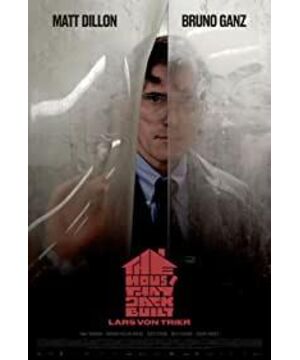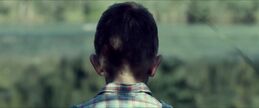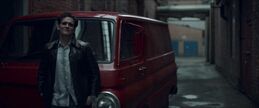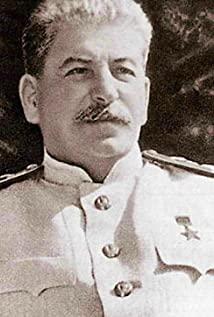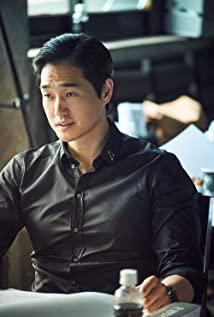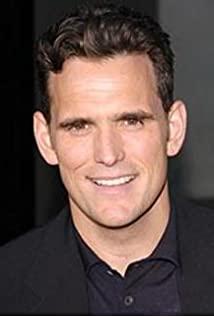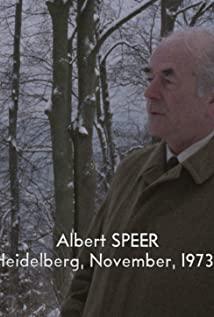I love it so much, this movie pushes my thirst for art and philosophy to the extreme. Conversational monologues and segmented narrative structures preserve a steady and ample rhythmic space in which art, music, philosophy, and rhetoric of all kinds can be interspersed, creating a hell above the self-destructive Dante. Art heaven.
In the film, Vigie calls Jack an "anti-Christ", who uses language full of religious definitions to oppose religion, separates the flesh and values, emphasizes the power consciousness of "tiger and lamb", and mocks God with miracles. How can a serial murderer with a heavy sin be blessed by God? So Jack uses "Destruction Creates Art" to counter the permanence of "Love is Art".
A Nietzschean, nihilistic above all, the admiration of beauty must be separated from the proposition of love, challenging the boundaries of human morality with various rigorous and pathological obsessive-compulsive gestures. At the end of the reappearance of Dante's "The Divine Comedy", Vigie leads Jack to look into the depths of hell. "The light source is the deepest darkness in the negatives." A fact that cannot be concealed.
I give it five stars for its high unity of philosophy and artistry.
View more about The House That Jack Built reviews


